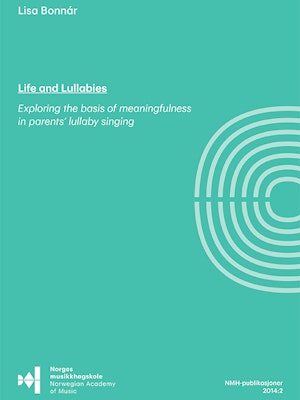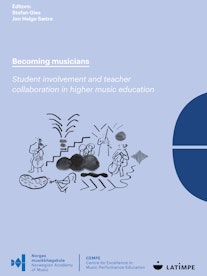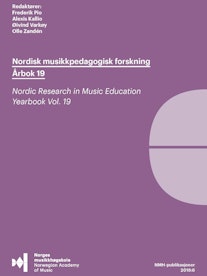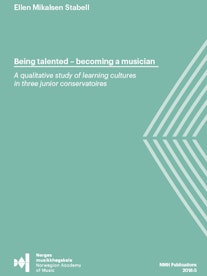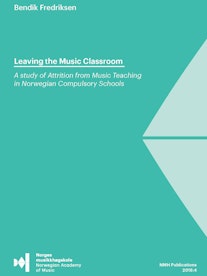Lisa Bonnár's study furnishes opportunities of understanding parents’ lullaby singing, a social and musical phenomen that has been hidden, until now, within the confines of private homes. Despite the vast research by psychologists and sociologists on parent-child interaction, little is known about the parental perspective of singing lullabies.
This study explores the meanings of singing lullabies in parenting and their significance in parent-child interaction. It also gives an important insight into the parents’ experiences and values regarding their use of their own musical and creative resources at bedtime, creating a social, warm and calm atmosphere at bedtime for themselves and their children.
The new concept of musical mindfulness is used and seems to fit to parents’ experiences of the lullaby-act as it encourages a present, open, non-judgemental and relaxed state of mind. A reawakening of the parents’ own musicality occurs in the meeting with their children at bedtime. However, the Scandinavian “culte of independence”, where parents seem to expect and push their children’s towards a very early independence, is partly confirmed.
Allowing the lullaby-event to come to the surface in its authentic, contemporary and genuine setting, the stories add nuance to our understanding of how parents and children relate to one another today. In using a largely untapped source of parents’ own perspective on singing lullabies - in relation to their own and children’s sense of meaningfulness, companionship and wellbeing - this project offers an input to the benefits of musical parenting.
- NMH-publikasjoner 2014:2.
